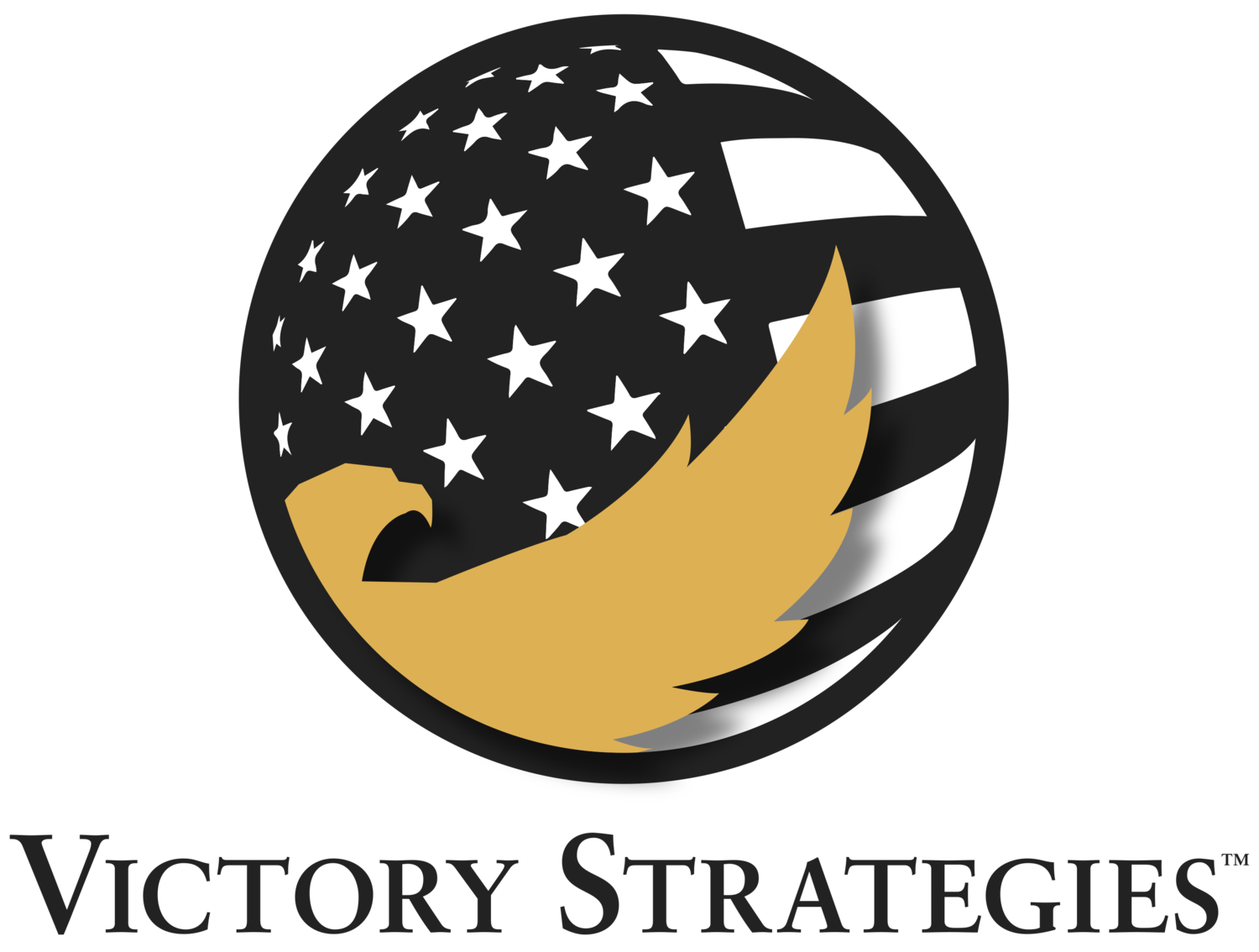It’s time to address one of the many unanswered questions in life: ”do I play it safe or dive!?” The context of this question will be framed around sports and though it was often the result of years of participating, coaching and observing many athletes, it also has a strong parallel to behaviors demonstrated in the professional world.
"Falling on the Grenade"
In 2011, Marvel’s comic series Captain America depicted the modern-day ultimate selfless, sacrificial act of jumping on the grenade when Steve Rogers covered a dummy grenade to save his fellow soldiers. He did not know that the lead trainer and assessor threw a dummy grenade. He possessed the key qualities that the senior leader, Colonel Phillips, desired – courage and self-sacrifice. While this dramatic visual vignette highlights these qualities and key elements that contribute to a leader’s character assessment, thankfully, few teammates or leaders ever must prove these qualities through such a mortal test. And yet, most leaders will face tests of their character and willingness to jump on a grenade throughout their professional lives. Leaders prove their courage, character, and willingness to sacrifice for the team to supervisors, peers, and junior teammates…or do not.
Leadership Absolutes: Praise in Public, Coach in Private
Have you ever been singled out for criticism by your leader in the presence of others? Do you remember how it felt?
Chances are, if you have experienced this, you have never forgotten it. Getting chastised in plain view leaves a lasting and unpleasant impression. Better said, it just plain hurts. As we move forward, every recollection of that moment makes us feel the pain and embarrassment all over again. Ouch.
New Year, New Tool: The Fighter Pilot Debrief
Embracing Diverse Perspectives in Leadership
One of the things I miss most about being in uniform is the camaraderie I felt with my fellow service members almost immediately upon arriving at a new organization. Over a 33-year career, this shared bond made each assignment a little easier, knowing I would quickly find people with common experiences and a shared purpose whenever I joined a team. These connections are a big part of what made military service so meaningful to me and I wouldn’t trade them for anything. Yet, over time, I realized that if left unchallenged, my comfort with teammates who shared similar experiences and thought processes could sometimes limit my openness to other perspectives.
A Leader's Dilemma: A Conversation On/With Artificial Intelligence
I wanted to get a better understanding of Artificial Intelligence (AI) and how it could potentially improve my leadership, so I decided to engage ChatGPT in a conversation on the topic. I started out with an easy one: “how can I improve my leadership?” As suspected, a laundry list of ideas with well-articulated statements streamed down my screen. However…
What No One Tells You About Leading Others
Are You Fit To Lead?
Studies have repeatedly shown that regular exercise is positively correlated with high scores on leadership assessments (1). It has been shown that individuals who allocate time for regular physical activity into their daily life have a greater capacity to achieve goals. If you need more proof type “statistics on CEOs and physical fitness” into your search engine and you’ll have ample evidence that leadership and fitness are intertwined. So, what’s the connection? With all the time constraints placed on a leader, is it worth the effort?
Unlocking Your Team’s Superpower: Part Two
The key to unlocking your team’s superpower is showing them what it looks like to take the armor off, share your vulnerabilities, and work together to overcome each other’s blind spots. Telling your teammates they can be vulnerable and showing them what it looks like are two very different things. Your actions are more powerful than any words you can share, and your consistency will build the kind of trust that winning teams are made of.
Unlocking Your Team’s Superpower: Part One
We often wear masks and armor to protect the people around us: our families, our friends, our teammates, and more than anything, the people we are charged to lead. We think our masks protect the people around us from the things we see as vulnerabilities: fear, anger, disappointment, overwhelm, uncertainty. If we show them our fear, they will be scared too. If we show them our uncertainty, they will lose hope. If we show them our weakness, they will lose trust and faith in our leadership. This is what we tell ourselves when we put the armor on.
Talent or Tenure?: Considerations for promotability and vertical growth
People do care about what their leaders are reading.
The statement, “Leaders Are Readers,” as others point out, has become ubiquitous on social media platforms like LinkedIn. Whether or not people who share that sentiment know of President Truman’s quote doesn’t diminish what he meant by saying it. Some people do innately possess powerful leadership attributes and abilities, most do not. Leadership is learned, and anyone, in my experience, can become better leaders through educating themselves.
Leading From the Front
The best leaders are willing to get their hands dirty in order to understand what it is like to be on the front line serving customers or working on the shop floor. What’s that? You say you’ve been in the “trenches” before? How long ago? Reflect on how long it has been and admit, even if it is just to yourself, that you may have lost touch with your workforce. Look for new ways to connect with your team and lead from the front, even if it makes you uncomfortable.
FAIL FALLING FORWARD
Fear of failing is a powerful deterrent and an unrelenting roadblock to achieving remarkable results. Leaders who operate in a manner to avoid the possibility of failing, will fail to reach and realize the best outcomes for their organizations and their teams. Napolean Hill wrote, “Every adversity, every failure, every heartache carries with it the seed of an equal or greater benefit.”
Six Steps of Effective Succession Planning
Succession is going to happen in your organization whether you plan for it or not. People take other positions, retire, or quit. Unexpected turnover can generate significant capacity shortfalls, lost knowledge, and talent misalignments that disrupt or derail organizations. The organizations that execute effective succession plans fare much better than those that don’t. It is the responsibility of senior leaders, with the support of human resource professionals, to create and execute succession plans.
Leadership vs. Management: Which One Is Better?
Bottom of the Ninth: Calm Under Pressure
Who is Sitting at My Desk
Tasking with Clarity
Directionally Appropriate Action
Delivered By: Adam Weiner, Managing Director
Adam spent 14 years in leadership roles as a Navy SEAL where he attained the rank of Lieutenant Commander, including assignments as Platoon Commander, Operations Officer, and Executive Officer. After the Navy, he worked at executive levels in the automotive industry and finance. In 2017, the governor of Michigan appointed him to the Veterans Facilities’ Board of Managers where he served for 2.5 years.
While in automotive, Adam was the Business Manager for the Vice President of Engineering at General Motors, where he managed a $3.5B budget and coalesced eight Executive Directors. After that, Adam began his career in finance as a Divisional Vice President for AIG, consulting with hundreds of financial advisors on retirement solutions. Within the financial space, he transitioned to become a financial advisor and partnered with Michigan Retirement Advisors. Working directly with individuals and families, Adam was able to increase the firm’s assets by over 25% in less than 24 months.
In 2022, Adam’s success led him to founding Freedom Financial Team where his pillars are: providing clients financial peace of mind, community philanthropy, and financial literacy. Consistent with this, Adam is a proud member of the Association of Financial Educators, a 501(c)(3) non-profit created to help with financial literacy. Adam brings this education to high-schools, colleges, and businesses in the Detroit Metro area to help demystify complexities in investing and retirement planning.
Adam’s passion is teaching mindset, character, and leadership. Alongside his teammates at Victory Strategies, you might catch him at workshop or delivering his keynote, inspiring people to Rise, Focus, and Persist!
Adam is a proud graduate of the United States Naval Academy. He is happily married, and they have three wonderful children.




















